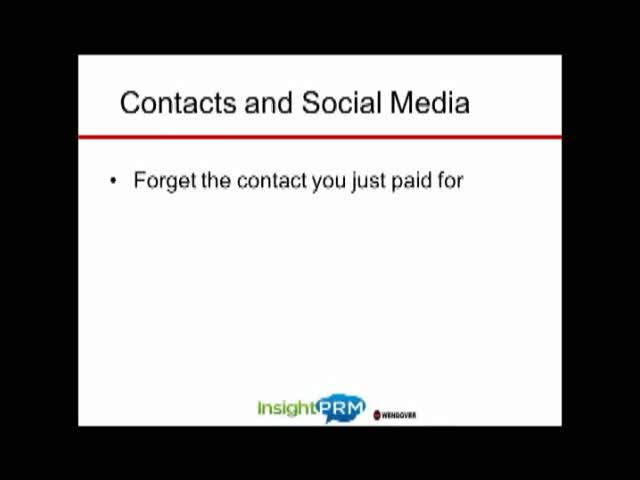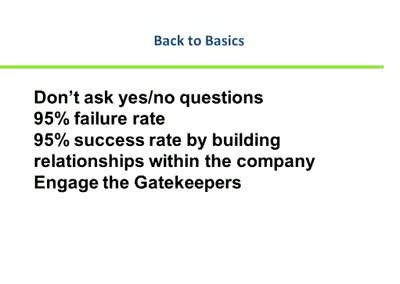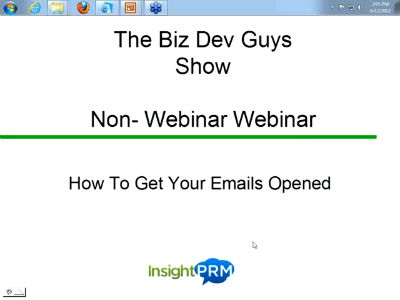Your sales competition isn’t calling back.
by Shannon F.
A frustrating experience
Last fall, we tried to do something that should have been very easy but ended up being a two-week-long exercise in frustration: find a local vendor to fulfill our printing needs. We needed several thousand postcards immediately to send to contacts who we believed might be interested in InsightPRM. In addition to the initial postcard order, there was the likelihood that we would form a long-term relationship with the print shop and place a lot of orders with them in coming years—we were the perfect lead, right?
The first print shop responded to our phone call—in fact, the owner answered the phone and mentioned that he really wanted the job, because business had been slow lately. But he never gave us the quote we requested. Only after several calls and emails from us did he finally send an estimate—for the cost of the mailing service only, not the actual printing costs! He never followed up to see if we had any questions about the estimate, at which point we would have told him it was wrong.
The second print shop actually sent over a representative to our location (true story: she brought her own stash of organic sugar and demanded to be led to the coffee). But after that initial meeting, she didn’t get back to us with a quote. Months later, she called to berate us for going with her competition. “I don’t have time to sit around figuring out quotes and getting back to people,” she said. But isn’t that the one thing sales representatives should have all the time in the world to do?
From our anecdotal experience, it sounds like today’s sales reps may be a little spoiled. They make one or two attempts to reach a prospect, but they get frustrated easily and lack the persistence to make the 7-18 follow-up calls that are often necessary today. The two print shop representatives basically walked into the perfect setup and still didn’t manage to get the deal, simply because they didn’t bother to follow up. But what happens if the set-up isn’t perfect? In fact, usually it isn’t.
Salespeople who expect prospects to get back to them are usually doomed to fail. “But,” you may say, “surely you guys were just unlucky and happened to get in touch with the two worst print shop reps on the planet. Most salespeople would have followed up.”
A B2B leads experiment
It just so happened that our marketing team conducted an experiment to show that even a perfect lead is mishandled more often than not. In the name of research, we posed as a hot prospect with an immediate need for IT products or services. (We called ourselves Phil Jenkins). “Phil” visited 500 company websites, completed the web submission form for each one, and asked to be contacted ASAP. Only 166 companies tried even once to reach him—the other 334 were already out of the running! When the companies called, they were each told that Phil was out of the office, but he was expecting their call, so they should try again the next day.
Although they had been asked to call back, only 81 companies out of 166 made the second attempt. Again, they were informed that Phil was unavailable, but that he was still interested. They were asked to try back the next day.
Only 42 made the third attempt
Only 21 made the fourth attempt
Even though Phil represented the perfect lead, most of the companies either neglected to contact him at all or got frustrated and gave up too quickly.
There are a couple of critical things that salespeople can take away from our experiment. For one, it’s possible—and probable—that someone who is genuinely interested in your product or service is also very busy. It’s your responsibility to get ahold of the prospect, not the other way around. Secondly, chances are that your competition is not very good at making follow-up calls either. If you are twice as persistent as your closest competitor, you’re almost certain to get the deal before they do—even if your product or service is a little more expensive. Knowing that the majority of your competition is not selling to their potential should give you the confidence to get out there and follow up more thoroughly. And here’s a bonus tip: instead of bringing your own organic sugar on a sales visit, why not bring coffee for everyone?










